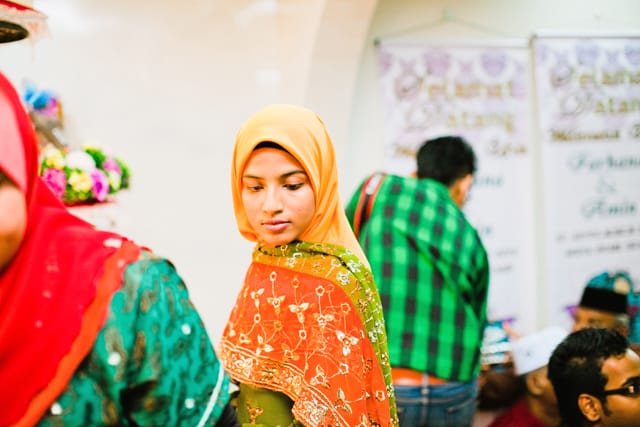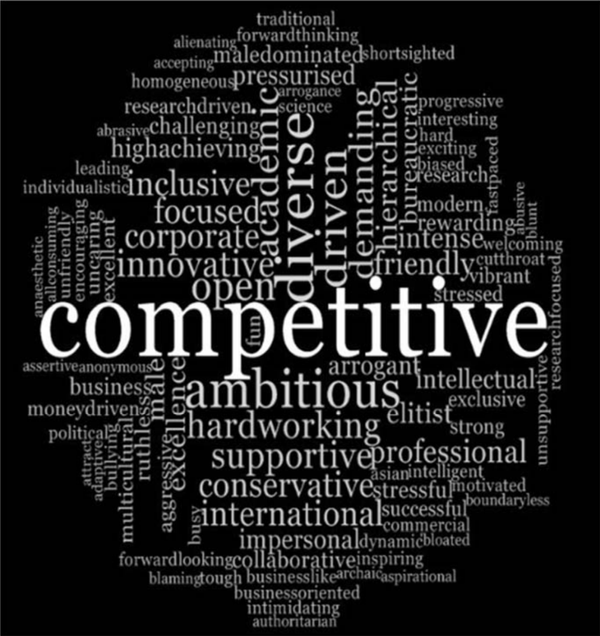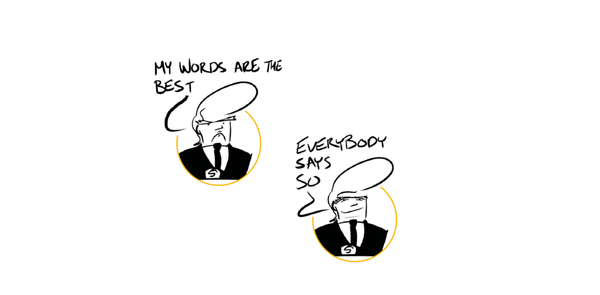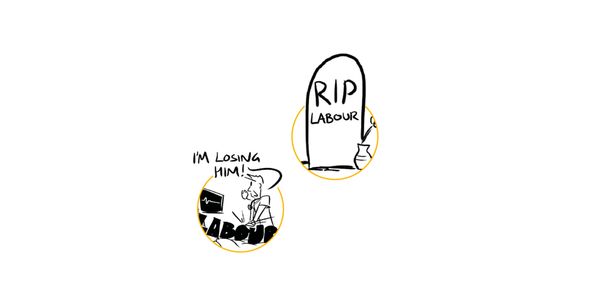Imperial students react to the ECJ's motion on the banning of religious symbols
Are hijab wearing women facing unjust discrimination?

Banning religious symbols is discrimination
Hafiza Irshad discusses the recent ruling by the European Court of Justice The triple penalty that Muslim women face – for being a woman, for being a Muslim and often for being of an ethnic minority group – has never been more prominent. Muslim women are no longer just at the disadvantage of being subconsciously seen as inferior to other candidates for a potential job, but are now being turned away and even, in some cases, dismissed from their careers.
The European Court of Justice (ECJ) has ruled that companies are entitled to ban their staff from displaying "any political, philosophical or religious sign” which includes (but is not limited to) turbans, skullcaps and the hijab. However, it must also be stated that the ECJ also includes that customers cannot demand a removal of such religious expressions if the company itself doesn’t disbar their staff from doing so. Whilst the latter sounds promising, it doesn’t negate the fact that the ECJ have essentially permitted companies to not only hold but enforce their discriminatory views against any display of faith.
François Fillon, a presidential candidate of France, claims that this ruling is “a factor in cohesion and social peace”. However, whilst it is true that seeing fewer women in hijab may avoid the discomfort of a few, it creates mass tension between the Muslim community and law enforcers. Such unease between the two communities will ultimately have detrimental effects, creating disharmony and a lack of faith in the law.
In response to the two publicised cases of Muslim women being dismissed from their jobs for refusing to remove their hijab, the ECJ stated that the ban “does not constitute direct discrimination”. I, however, am unable to consider a case that is more obviously an example of “direct discrimination”. Turning anybody away for the practice of their faith, especially one that cannot and will not detriment a person’s ability to perform in a role, is a discriminatory act and should be seen as nothing less.
It is also important to note that while the hijab, like any other religious garment, is primarily a religious requirement, it is also integral to the sense of identity of so many of those who choose to wear it. Removing the ability for anybody to practise their faith while working in their preferred profession is counterproductive to the social movement of freedom that is so heavily advertised with the modern age of the 21st century. The reality is that we are starting to skew towards a society where bigotry is not only accepted, but is being presented as justifiable by many who hold powerful positions.
I can't believe we're still debating this
Khadeza Abdul explains the significance of religious signs and the hypocrisy of banning them As I saw the headline a sigh left my chest. “EU Workplace Headscarf Ban Can Be Legal”. Contrary to the title, the law is to be equally enforced onto all religious signs, whether it is the turban, crucifix or skull cap, as mentioned within the article. This whole situation is fairly laughable. They paint these "religious signs" as disposable objects carried or worn by those with religious beliefs. A headscarf, forming part of my hijab, isn’t something I put on in the morning because I’m having a bad hair day, nor is it something I take off at the end of the day because I can finally be bothered to brush my hair. It is part of me; it encompasses the very essence of my beliefs, without which I wouldn’t be who I am.
The same applies for other religious items such as the dastaar (turban) worn by Sikhs. Not only does it portray an image of equality and respect (amongst many other things) but makes up a part of their identity. How is it that, despite our endless technological advancements, our mindsets seem to be regressing? As a society, we’re constantly encouraging children to develop their own views, opinions, likes and dislikes – to be unique. But with policies like these, are we not contradicting our own teachings? ‘Robotising’ workers to look a certain way, to act a certain way, in a desperate attempt to ensure that we remain within the confines of what society is comfortable with seeing. What message are we really sending?
The hijab debate resurfaces every so often, but why? Women should be allowed to cover up as much as they are allowed to show skin, whether it is for religious reasons or not. How many times will Muslim women need to repeat the same arguments before it has any effect? Especially since my wearing a headscarf does not impose on anybody else's rights, beliefs or behaviour. It's just me doing me. Whilst it is sad that the law has allowed workplaces to enforce this law, I have enough faith in organisations, those deemed 'top employers' at the very least, to not actively implement it. The very organisational values of diversity and inclusion that form the backbones of most CSR and Careers departments of most firms can now really be proved or disproved based on their stances.







